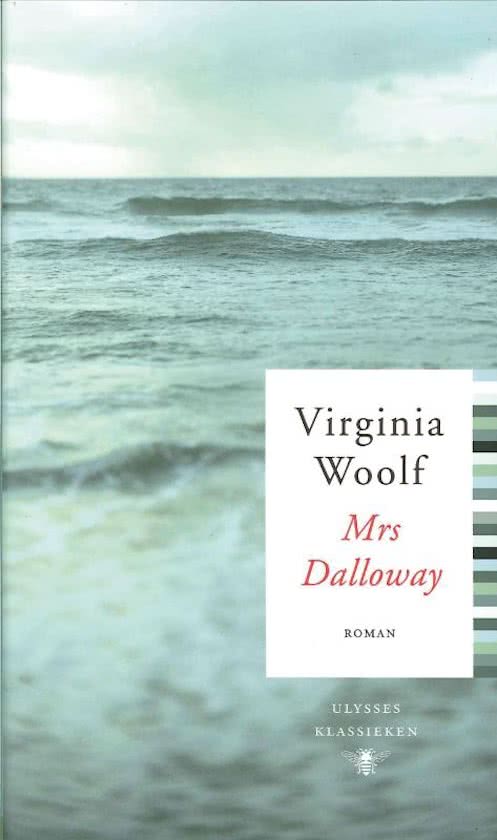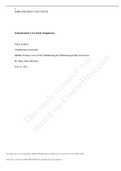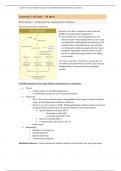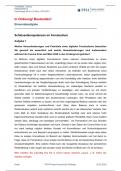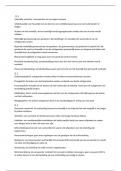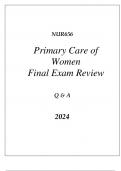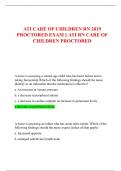novels ‘Tess of the D’Urbervilles’ and ‘Mrs Dalloway’.
In both novels there are patriarchal double standards that cause
gender inequality. The best example in ‘Tess’ is when Angel
confesses his sin of “plung(ing) into eight-and-forty hours’
dissipation with a stranger”, relieving Tess’s worries about how
Angel will react to her being raped by Alec, but Angel’s reaction is
devoid of sympathy and leads to Tess being abandoned.
Throughout Angel and Tess’s relationship, Tess’s guilt about her
secrecy is the driving factor in her hesitancy towards accepting
Angel’s advances, even though she reciprocates them. She feels
unworthy of him (“You would be better for him”, she says to the
other dairy maids) and makes several attempts to confess her sins,
the final attempt being on the morning of the wedding (“I am so
anxious to talk to you—I want to confess all my faults and
blunders!”), but is immediately put down by Angel (“No, no—we
can’t have faults talked of”). The relief she therefore feels when
Angel confesses to the same sin of pre-marital sex (“No, it cannot
be more serious, certainly,” she cried, “because ’tis just the same!)
is overwhelming, however Angel is unable to reciprocate the
forgiveness Tess shows him, despite her being a victim and him
being the instigator and active participant.
Similarly, in Mrs Dalloway, Woolf contrasts the thoughts of Peter
Walsh and Clarissa to display the gender inequality in society in the
early 20th century. The news that “Millicent Bruton, whose lunch
parties were said to be extraordinarily amusing, had not asked
her”, but only Richard, causes Clarissa to spiral as she begins
contemplating her aging and inevitable death. Clarissa fears

